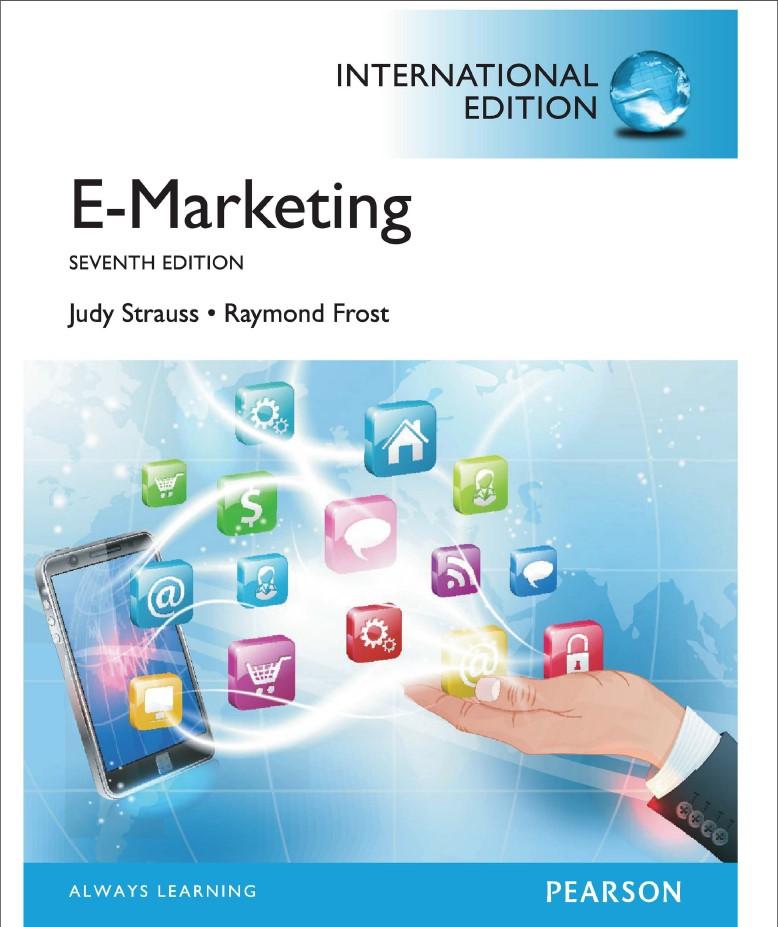Answered step by step
Verified Expert Solution
Question
1 Approved Answer
Suppose that Congress cares only for the welfare of the working poor and is considering raising the hourly minimum wage from $6 to $12. You
| Suppose that Congress cares only for the welfare of the working poor and is considering raising the hourly minimum wage from $6 to $12. You have been called as an economic expert to study that market and testify about your findings. If necessary, assume that $12 is above the market equilibrium wage. You estimate the demand for labor by businesses to be QD = 100 - 2.5W. You also estimate the supply of labor by workers to be QS = 10W. W is the hourly wage rate, and both quantities are measured each week in thousands of hours. |
| 4.5. | The bill passes in the House and Senate and goes on for the President's signature. You realize only then that the estimates you gave to the Senate were based upon the short-run demand for labor. You go back to work, estimating the long-run demand for labor. You calculate that, without the raise in the minimum wage, labor demand in the long run will be the same as in the short-run. If the new minimum wage bill becomes law, though, the long-run demand for labor will be QD = 160 - 10W. The President calls you and asks you for your advice. She is confused as to why the long-run demand for labor is different from the short-run if the minimum wage rises. Why the difference? | ||||||||||||
|
Step by Step Solution
There are 3 Steps involved in it
Step: 1

Get Instant Access to Expert-Tailored Solutions
See step-by-step solutions with expert insights and AI powered tools for academic success
Step: 2

Step: 3

Ace Your Homework with AI
Get the answers you need in no time with our AI-driven, step-by-step assistance
Get Started


